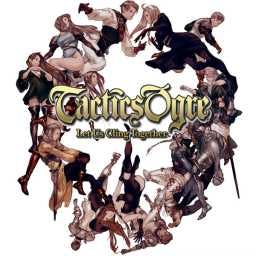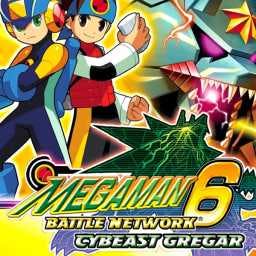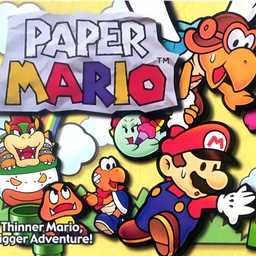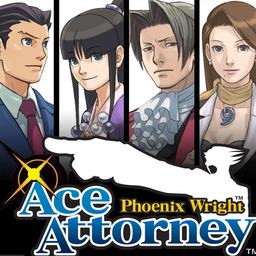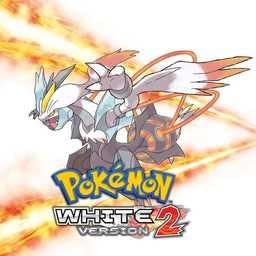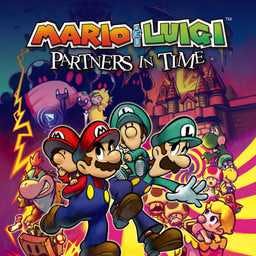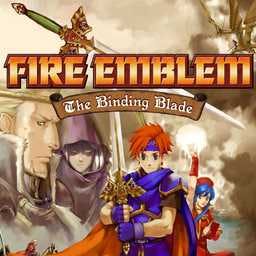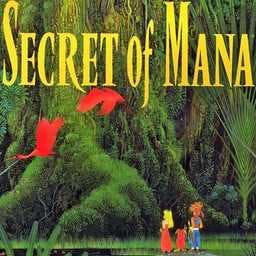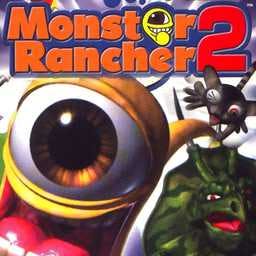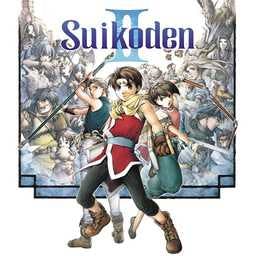"Final Fantasy Tactics" for the PlayStation 1 (PS1) stands as a timeless classic in the realm of tactical role-playing games. Released in the late '90s, this installment in the Final Fantasy series diverges from the traditional turn-based formula, introducing players to a strategic and intricate world filled with political intrigue, memorable characters, and a vast array of job classes. In this blog post, we will delve into the strategic nuances of the gameplay, unravel the rich narrative tapestry of the story, explore the diverse job system that defines character progression and encounter the formidable bosses that challenge players in this epic journey through Ivalice.
Gameplay
"Final Fantasy Tactics" is renowned for its deep and challenging tactical gameplay. Set in the fantastical realm of Ivalice, players lead a young noble named Ramza Beoulve through a gripping tale of political upheaval and magical intrigue. The battles unfold on isometric grid-based maps, requiring players to carefully plan their moves, positioning, and job choices. The tactical depth is heightened by elevation, terrain, and the intricate interaction between different job classes.

The game introduces a turn-based system where characters can move and perform actions within their allotted turn. The diversity of job classes, each with unique abilities and strengths, allows for many strategic possibilities. From the versatile and agile Thief to the potent spellcasting of the Black Mage, players can customize their party to suit their preferred playstyle. The intricate synergy between job classes and the need for strategic thinking makes every battle a thrilling and cerebral experience.
Story
At the heart of Final Fantasy Tactics lies a complex and engaging narrative that weaves political intrigue, betrayal, and the power struggle. The story follows Ramza Beoulve, a noble caught in the web of conspiracies and power struggles within the kingdom of Ivalice. As he uncovers a plot that threatens the realm, Ramza's journey takes unexpected turns, introducing players to a cast of memorable characters, each with their motivations and arcs.

The storytelling is enriched by themes of morality, social class disparity, and the consequences of unchecked ambition. The depth of the narrative is complemented by the detailed world-building of Ivalice, a land filled with diverse cultures, mystical beings, and historical lore. Final Fantasy Tactics stands out not only for its strategic gameplay but also for its compelling and multifaceted storytelling, creating an immersive experience that transcends the boundaries of traditional RPGs.
Jobs
The job system in Final Fantasy Tactics is a defining feature that adds layers of complexity to character development. Characters can adopt various jobs, each offering a unique set of abilities and attributes. The versatility of the job system allows players to tailor their party to confront specific challenges. Whether it's the defensive prowess of a Knight, the healing abilities of a White Mage, or the deceptive tactics of a Ninja, the job system ensures a dynamic and personalized experience.
Job progression involves mastering skills associated with each job, unlocking more powerful abilities, and opening pathways to advanced classes. This depth of customization empowers players to craft a party that reflects their strategic preferences. The evolving synergy between jobs contributes to the game's replayability, encouraging players to experiment with different combinations to overcome the diverse challenges presented in Ivalice.
Boss Battles
Final Fantasy Tactics presents players with formidable boss battles that serve as both narrative climaxes and strategic tests. From powerful generals to mystical beings, each boss requires careful planning and execution of tactics to emerge victorious. The variety in boss design, coupled with their unique abilities, ensures that players face distinct challenges that demand adaptability and strategic foresight.
Boss battles are not just tests of strength but also pivotal moments in the overarching narrative. The encounters contribute to character development and unravel the complexities of the story. Whether facing a corrupted knight, a manipulative noble, or an otherworldly entity, each boss battle is a memorable and impactful experience that adds layers to the rich tapestry of the game.
Conclusion
Final Fantasy Tactics for the PS1 remains a masterclass in tactical RPGs, blending strategic depth with a captivating narrative. Its enduring legacy is a testament to the game's ability to immerse players in a world of political machinations, magical warfare, and personal growth. From the intricate gameplay mechanics to the nuanced storytelling, Final Fantasy Tactics resonates with gamers as a timeless gem in the RPG genre.
As players embark on Ramza's journey through Ivalice, they not only engage in epic battles but also navigate the complexities of a world on the brink of upheaval. The marriage of strategic gameplay, a compelling narrative, and a robust job system defines Final Fantasy Tactics as a standout title that has left an indelible mark on the landscape of gaming. For those seeking a tactical RPG experience that transcends the ordinary, Final Fantasy Tactics on the PS1 remains an essential and enriching adventure through the strategic realms of Ivalice.
